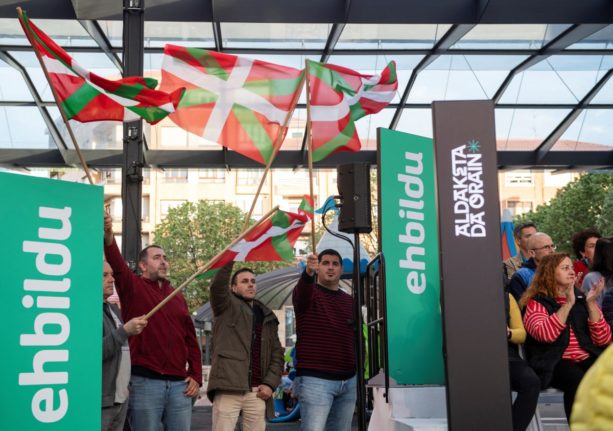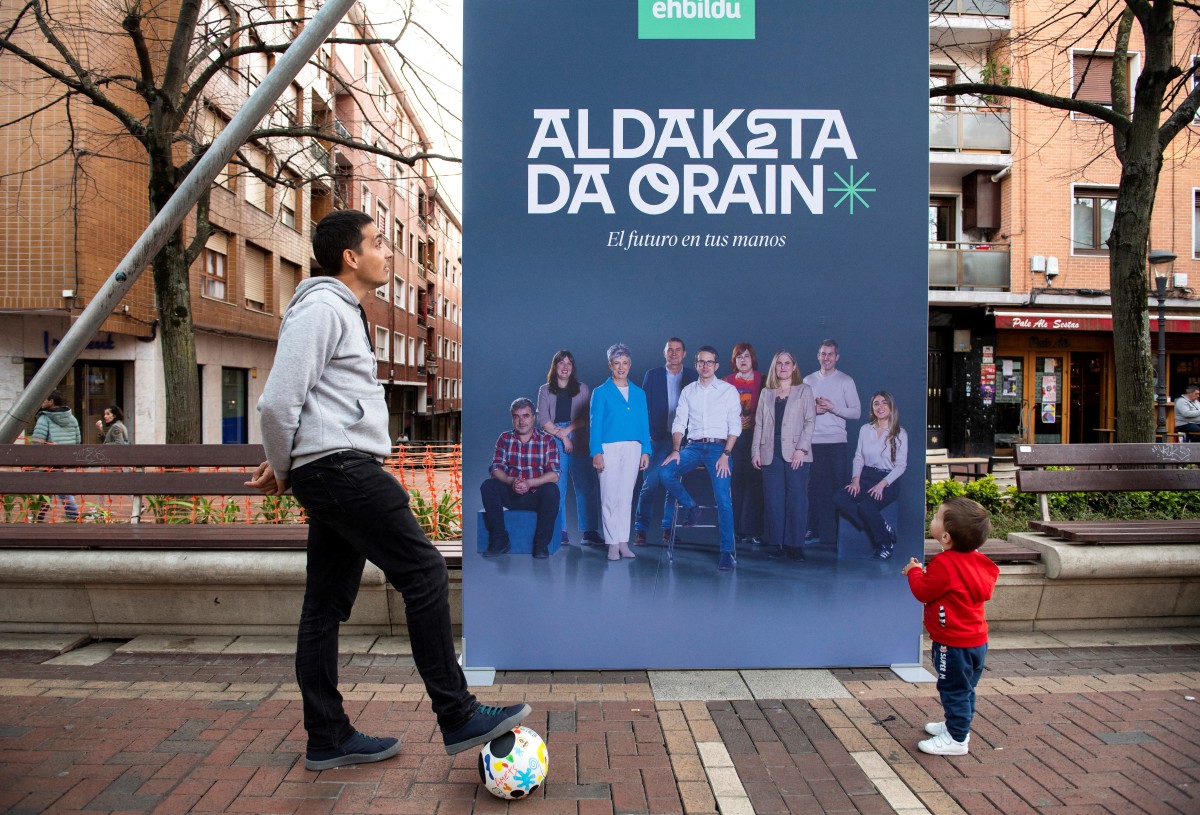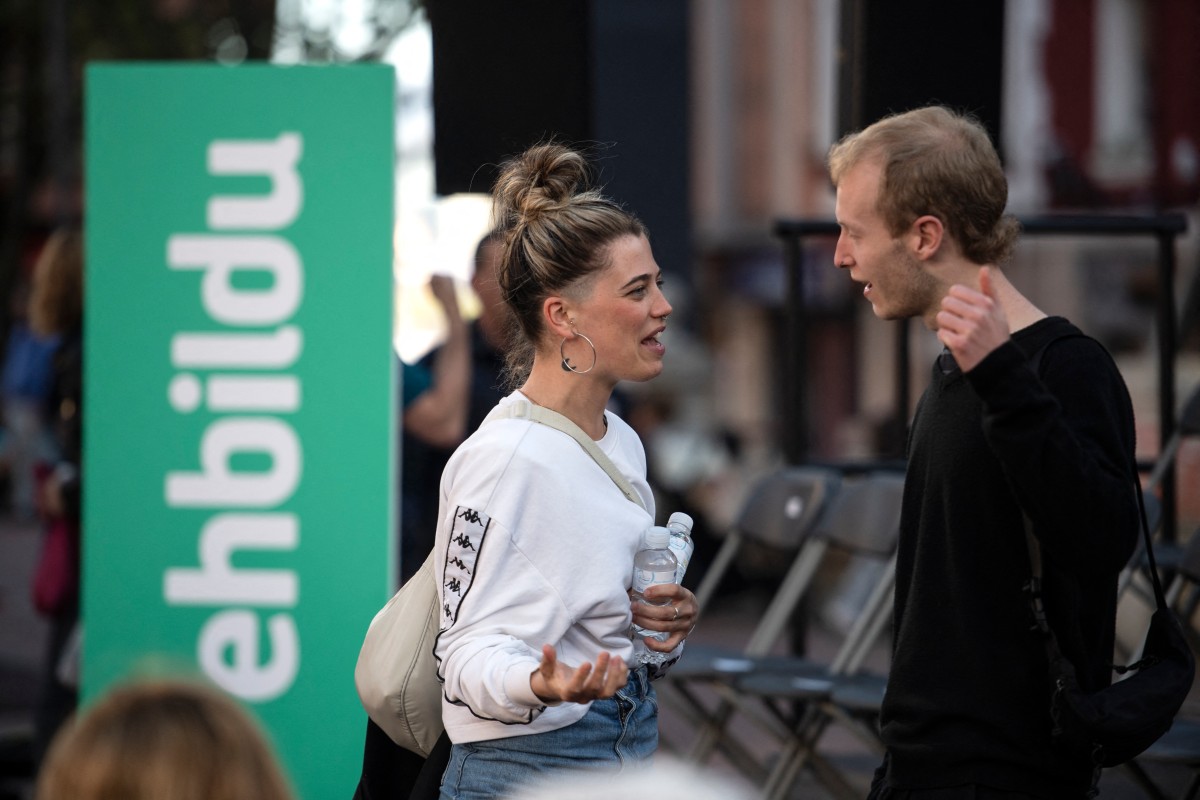The protest coincides with Catalonia’s national day, or “Diada”, which commemorates the 1714 fall of Barcelona in the War of the Spanish Succession and the region’s subsequent loss of institutions.
As in other years, the march will get underway at 17:14 (1514 GMT) — a nod to the year 1714. The slogan this year is: “We will fight for independence and win”.
At its peak in 2014, the annual demonstration brought an estimated 1.8 million people onto the streets.
While Catalonia was the epicentre in July of a fresh wave of Covid-19 infections, the situation has since improved and a ban on gatherings of more than 10 people was recently lifted.
READ ALSO: Is Catalonia’s independence movement down but not out?
Jordi, the leader of grassroots separatist movement Omnium Cultural, said he hoped to “bring hundreds of thousands of people onto the streets” this year to “prove once again that our movement is more alive than ever”.
But much has changed since the frenetic autumn of 2017 when Catalonia’s bid to break away from Spain triggered the country’s worst political crisis in decades.
Leaders of the wealthy northeastern region, which has a population of 7.8 million, defied a government ban to organise a secession referendum and then issued a short-lived declaration of independence.
Those behind the move were arrested, tried and sentenced to long jail terms by Spain’s top court, while others fled abroad to avoid prosecution, leaving the movement sharply at odds over how to move forward.
The Spanish government’s pardon in June of nine Catalan separatist leaders, including Cuixart, has also removed a rallying cry for the pro-independence camp.
Only 600,000 people turned out for the Diada in 2019. Last year, coronavirus-related health restrictions reduced the celebrations to separate events which drew fewer than 60,000 people.
This year’s protest comes as top-level talks on resolving the Catalan crisis are set to resume next week between Prime Minister Pedro Sanchez’s minority government and the separatist regional government of Catalonia.
The separatists have two key demands — an amnesty for those involved in the failed independence bid, which would exonerate those who fled abroad, and a referendum on self-determination, this time with Spain’s approval.
But Madrid is implacably opposed to both.
Tensions rose sharply this week after Spain’s central government suspended plans to expand Barcelona airport, citing a “lack of confidence” in Catalonia’s regional leadership.
Catalonia’s regional leader Pere Aragones denounced the suspension as “blackmail”.





 Please whitelist us to continue reading.
Please whitelist us to continue reading.
Member comments